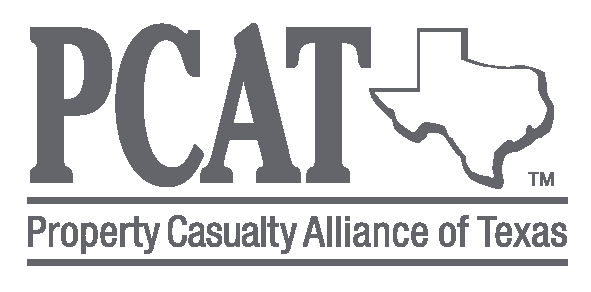Warning Signals That Indicate An Educator May Pose A Risk To Students
According to a former student of a Pennsylvania high school, she is suing the school district because she endured sexual abuse by a teacher beginning her junior year.
The former student alleges she was subjected to grooming behavior by her former teacher, starting when she was only 16 during the 2014-2015 school year. The grooming progressed to sexual activity throughout her junior year and after she left the school. The sexual activity included groping, oral sex, and intercourse on school property. These activities occurred during and after the school day.
The victim reported the abuse to the police in 2016, which led to the teacher pleading guilty and receiving a sentence of five years' probation for a felony conviction of corruption of minors.
According to the victim's attorney, the lawsuit against the district "is an important step in seeking to hold the District accountable for their role in enabling and empowering [the defendant] to sexually abuse a 16-year-old student by ignoring specific and scary sexual abuse reports and red flags and by, sadly, signaling to the victim that she wasn't worthy of protection or being taken seriously." "Former Oil City Area School District Student Sues District Over Role in Sexual Abuse Case" https://www.erienewsnow.com/story/43254553/former-oil-city-area-school-district-student-sues-district-over-role-in-sexual-abuse-case (Jan. 28, 2021).
Commentary and Checklist
According to a case study of K-12 school employee sexual misconduct, approximately 10 percent of K-12 students will experience sexual misconduct by a school employee by the time they graduate from high school.
Coworkers in a school setting can be vigilant and watch for signs that can lead to sexual abuse. Interrupting these behaviors can help protect children.
What are the signals that there may be inappropriate relationship between a teacher and student?
An educator pays special attention to one student over all other students.
An educator has contact via phone, Internet or in person with a student away from school
An educator changes his or her manner and speech pattern to a more familiar tone in the presence of a particular student.
An educator talks about one student excessively.
An educator spends time alone with one child without other safe adults present, including tutoring sessions.
An educator is known to spend time away from school with a child without other safe adults present.
An educator provides gifts to one child. https://www.ojp.gov/pdffiles1/nij/grants/252484.pdf
You can learn more about student safety and keeping your campus safe by going to PCAT University!
